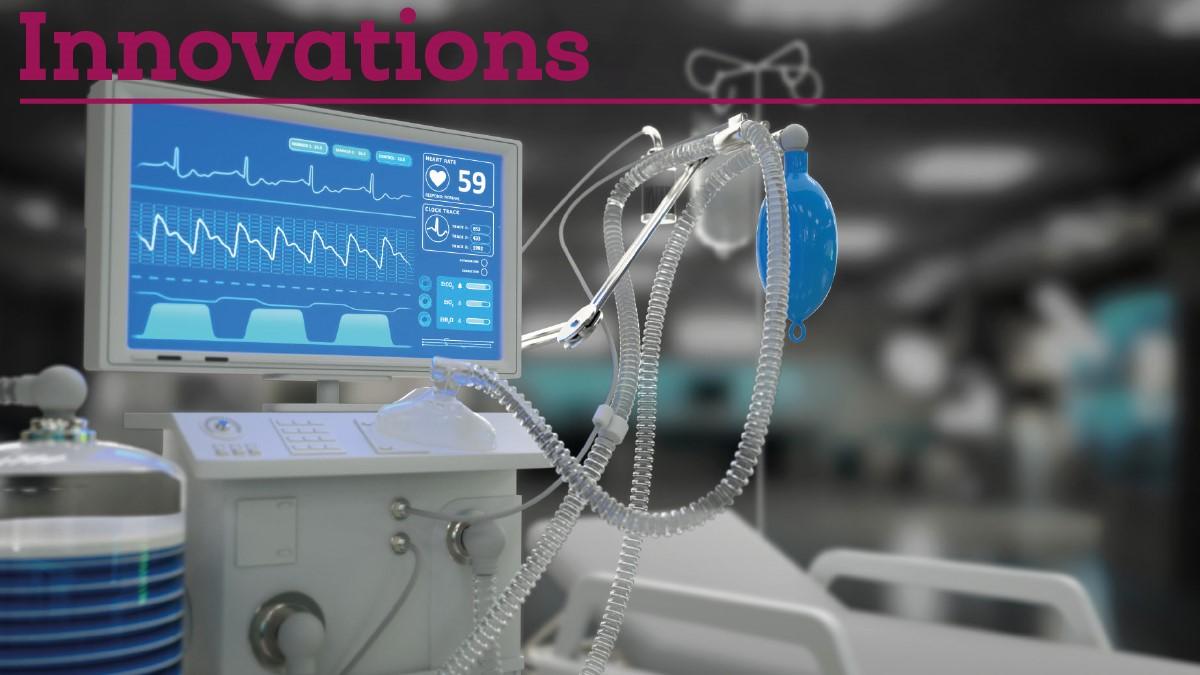Discharge from critical care is often the start of an uncertain journey to recovery. Northern Devon Healthcare Trust wanted to rethink delivery of post-intensive care support to ensure rehabilitation needs were being met

Research on the longer-term consequences of critical illness has shown that a high proportion of patients surviving critical illness have significant, continuing problems. For many, leaving critical care is the start of a journey to recovery characterised by weakness, loss of energy, physical difficulties, anxiety, depression, post-traumatic stress and, for some, impaired cognitive function (NICE 2009). It is widely recognised that specialist ICU follow-up services are required.
Purpose
Lisa Bashford and her team at Northern Devon Healthcare Trust recognised there were increasing numbers of patients presenting with on-going physical and psychological problems following their ICU stay. Many patients reported lack of access to longer-term rehabilitation and psychological support. The team developed a specialist therapy pathway for their patients to improve physical and psychological outcomes, and the overall experience and support for patients and families. They worked towards having a specialist supported discharge home and provision of a multidisciplinary rehab class.
Approach
They used a test of change approach to provide follow-up therapy on the wards and supported discharge to home as their caseload allowed. Level 3 ICU patients, who had a prolonged ICU stay and had extensive rehabilitation needs, were prioritised.
Early communication with the community rehabilitation teams was important. The critical care team aimed to review the patient at home within 48 hours of discharge. A joint handover of care would happen with the community team when they had capacity. This work was unfunded.
Outcomes
This test of change was carried out within existing resource and as ICU commitments and staffing allowed. Despite these limitations, the team successfully supported 33 patients and saw a reduction in overall length of stay from 21 to 19 days.
The waiting time to be seen by the community team ranged from two to six weeks. Time from ICU discharge to follow-up was:
- 35 %patients within 24 hours
- 35 %patients within 48 hours
- 19 %patients within 5 days
- 11 %patients after 5 days
The first Covid-19 wave was a catalyst to implement a virtual rehabilitation class. Six patients joined the first cohort and following a virtual assessment, met twice a week for six weeks for a programme of exercise and education.
The selected outcome measures included:
- the Fatigue Assessment Scale (FAS).
- the Generalised Anxiety Disorder-7 Assessment (GAD-7),
- the Patient Health Questionnaire -9 (PHQ-9)
- EQ5D5L
- 30 second sit to stand (STS) test
- the Medical Research Council dyspnoea scale.
All participants demonstrated improvements across all measures, with meaningful improvements seen in the EQ5D5L and the STS test, where there was an average improvement of 5.75.
Top three learning points
- Patient and family involvement was instrumental in shaping how we provide future services. Providing the right care, at the right time, with the right delivery.
- The continuity of care for the patient from admission to ICU through to discharge home was shown to be effective at not only reducing length of stay but also improving patient and family experience.
- This model of care has worked well for a small district general hospital – considerations need to be made on which aspects of the project could be applied to larger ICUs.
Focus group findings
To direct future pathway developments, a focus group gained feedback from patients and families about their experiences of leaving critical care and managing the class:
- ‘Nice to share experiences with others in similar positions’
- ‘Without the class online I would not have been able to attend’
- ‘It feels more one-to-one, it’s a lot more personal’
- ‘Follow-up has been absolutely fantastic’
- Five out of six patients would choose virtual over face-to-face again.
Author’s reflections
Lisa Bashford, advanced practitioner physiotherapist for ICU/surgery said: ‘It highlights the need for physical, psychological and vocational rehabilitation for this complex patient group. The use of varied outcome measures allowed us to capture the data required to demonstrate its value, as well as important qualitative feedback from our patients to shape services moving forward. The support from the CSP team gave me the confidence to submit and share this work with the innovations database.’
Interested in innovating?

Check out the Innovations in Physiotherapy database for more practical examples and guidance on how to submit your own work.
Number of subscribers: 1
